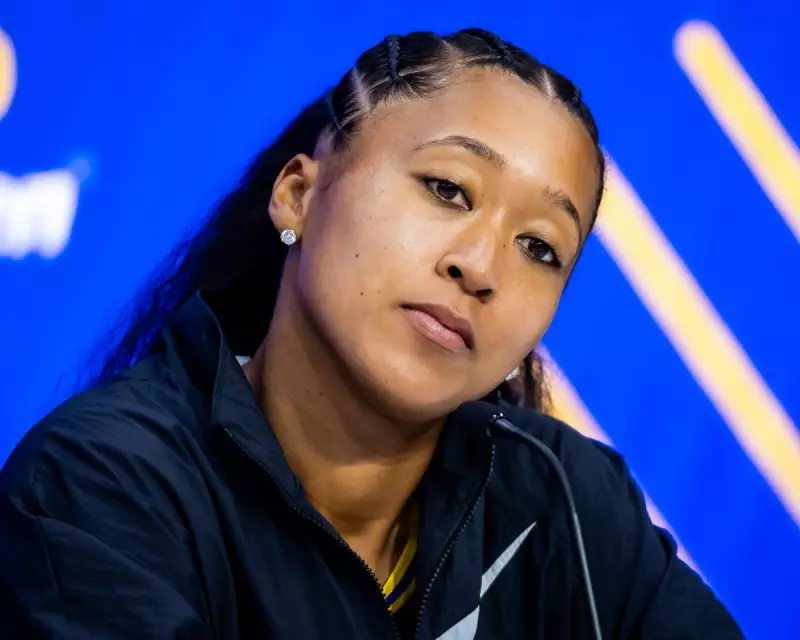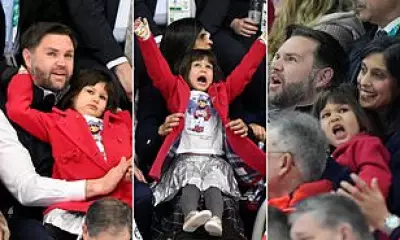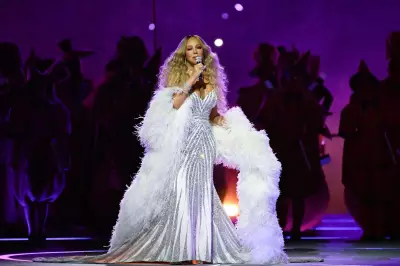
In a moment that transcended sport, four-time Grand Slam champion Naomi Osaka has issued a searing response to what she describes as deeply problematic comments made by fellow player Jelena Ostapenko during their US Open clash.
The incident, which occurred during a changeover, saw Ostapenko make a remark that Osaka later stated was "one of the worst things you can say to a Black tennis player." While the exact wording remains undisclosed, the implication has sent shockwaves through the tennis community.
A Firm Stance Against Microaggressions
Osaka, known for her poise and activism off the court, did not address the comment during the match but chose to speak out powerfully afterwards. She framed the exchange not as a personal clash but as a symptom of a wider issue of racial microaggressions that Black athletes routinely face.
"It’s not about calling someone racist," Osaka clarified. "It’s about addressing things that are said without thought that carry a heavy, historical weight. These comments perpetuate stereotypes and have no place in our game, or anywhere."
More Than Just a Match
The confrontation highlights the ongoing challenges athletes of colour navigate in predominantly white sports. Osaka’s decision to publicly call out the behaviour marks a significant moment, emphasising a zero-tolerance policy for coded or racially charged language on the tour.
Fans and commentators have flooded social media with support for Osaka, praising her courage and eloquence in turning a tense personal moment into a vital public discussion about respect and equality in tennis.
The Fallout and the Path Forward
While the WTA is yet to make an official statement, the incident is sure to prompt internal discussions. Osaka’s stance reinforces her role as a leading voice for change in sports, pushing for a more inclusive and consciously respectful environment for every player.
This is not just a story about a heated exchange; it's a lesson in holding peers accountable and the continued need for education against unconscious bias at the highest levels of international sport.





